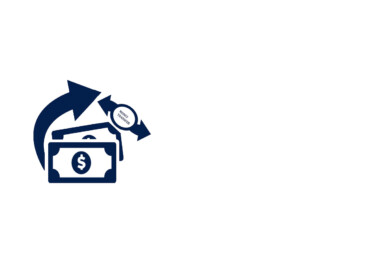In some situations, paying with a money order can be safer than paying with a personal check. Since personal checks include the account holder’s routing number and bank account number printed on the bottom this private information can be stolen and used to create and sign fraudulent checks. In contrast, money orders do not include personal information about the purchaser.
The recipient who receives the money order does not necessarily have to go the same issuer that sold the money order. The recipient can have it cashed at a local bank or credit union, but may not receive the funds all at once, depending on the institution’s policy. If the payee has no account, cashing the money order at the issuer’s office is a great option.
However, a payee does not have to cash the money order right away. They can deposit it into a bank account, much as you would do a check. Depositing money orders is a good option for payees who are concerned about the fees charged to cash the certificates at multiple locations.
Since the fees are certain to reduce the amount of money that will be received, depositing it with no additional charges at a bank will ensure that the account holder keeps all the money paid to them.

